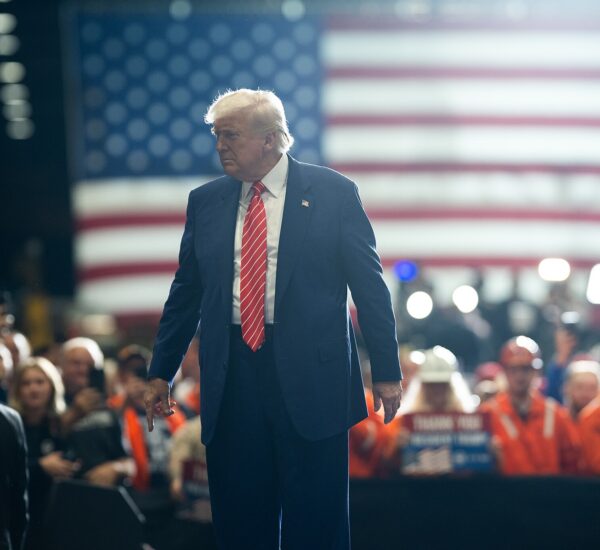Supreme Court Grants Immunity To Trump?
Will the Supreme Court do the right thing?
In a pivotal session, the Supreme Court justices displayed skepticism towards arguments presented by former President Trump’s legal team, questioning the extent to which presidential immunity could shield actions such as attempted coups or the targeting of political opponents, while simultaneously considering some level of protection from criminal prosecution.
A ruling favoring Trump could initiate a cascade of legal battles, potentially delaying his federal election subversion trial and other pending legal proceedings past the upcoming election. Both conservative and liberal justices probed Trump’s attorneys with hypothetical scenarios, aiming to gauge the breadth of immunity Trump sought.
Chief Justice John Roberts queried whether a president could face prosecution for accepting bribes in exchange for appointments, while Justice Elena Kagan posed a scenario involving the sale of nuclear secrets. Justice Sonia Sotomayor raised the issue of whether extreme actions like ordering the military to eliminate a political adversary would be shielded by presidential immunity.
Trump’s counsel, D. John Sauer, contended that many of these hypothetical situations could indeed fall under the umbrella of presidential immunity, suggesting they might constitute official acts.
Justice Ketanji Brown Jackson questioned whether Trump’s argument, if accepted, would essentially render the presidency exempt from legal accountability, potentially fostering a culture of lawlessness in the highest office.
At the heart of Trump’s assertion is the claim of absolute immunity for official acts during and after his tenure, particularly concerning his efforts to contest the outcome of the 2020 election. A favorable ruling could unravel numerous criminal indictments against Trump. Special counsel Jack Smith, representing the opposing view, argued that such broad immunity would essentially grant impunity for criminal conduct.
The justices delved into the nuances of presidential immunity, exploring the distinction between official and personal actions. Embracing Trump’s argument might afford him significant advantages, potentially delaying his trial until after the election, and, if re-elected, likely leading to the dismissal of charges by his Justice Department.
While the case, titled Trump v. United States, is slated for a decision by the end of June, the urgency of the matter has been stressed by the special counsel. Justice Amy Coney Barrett raised the possibility of prosecutors dropping allegations covered by immunity while pursuing charges related to private conduct.
Justices Kavanaugh, Gorsuch, and Barrett proposed a nuanced framework wherein core presidential functions would be immune, but other official acts could be subject to prosecution if expressly defined by Congress.
However, Justice Jackson voiced frustration over the assumption of immunity for official acts, arguing that such broad protection could embolden presidents to commit crimes without consequence, contrary to the principle that no one, including the president, is above the law.





